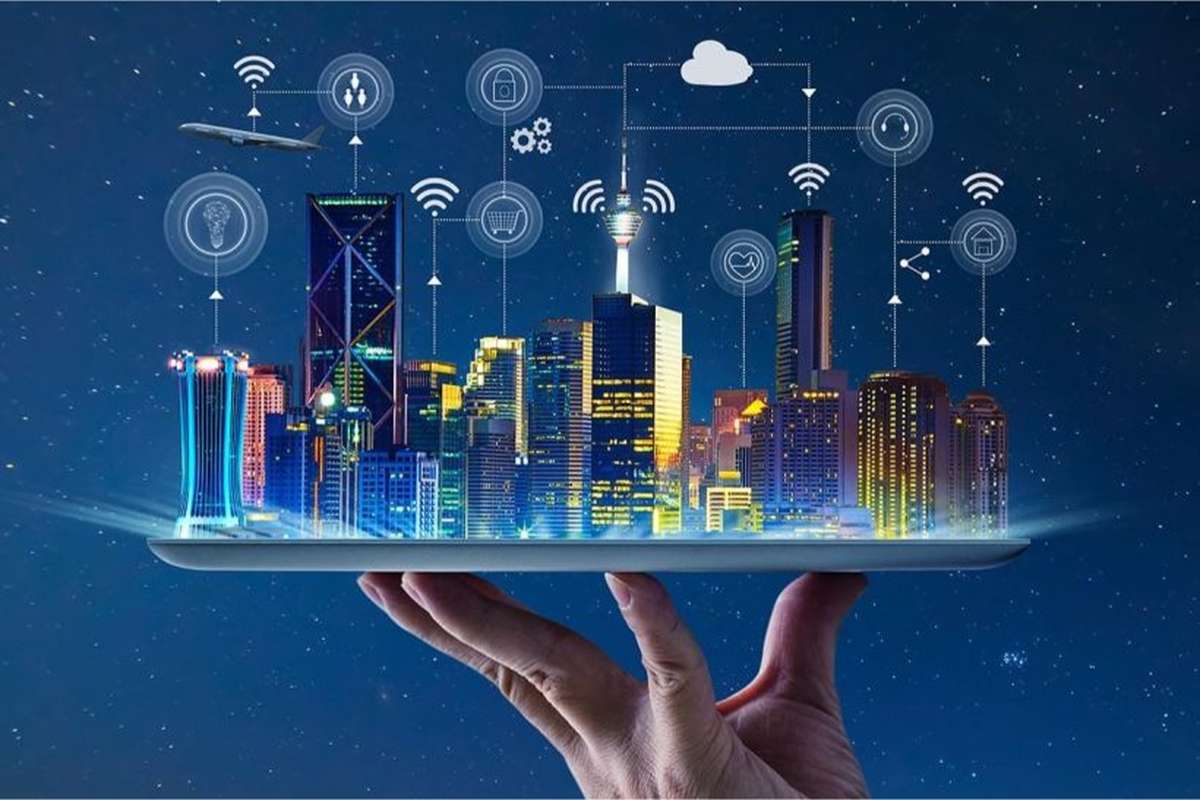In a world where technology is advancing at an unprecedented pace, one term you might often come across is “IoT” or Internet of Things.
But what exactly is IoT, and why is it important? Let’s dive into the world of IoT and uncover its significance in our daily lives.
What is IoT?
Imagine a world where everything around you is connected, communicating, and working together seamlessly. That’s the essence of the Internet of Things (IoT).
In simple terms, IoT refers to a network of interconnected devices that can communicate and share data with each other over the internet without requiring human intervention.
These devices can range from everyday objects like smartphones, smartwatches, and home appliances to more specialized equipment used in industries like healthcare, agriculture, transportation, and manufacturing.
By embedding sensors, software, and other technologies into these devices, they become “smart” and capable of collecting and exchanging data.
Why is IoT Important?
There are a handful of reasons why IoT is important. Here are some of them:
Convenience and Efficiency
One of the most significant benefits of IoT is the convenience it brings to our lives. Imagine being able to control the temperature of your home, check your refrigerator’s contents, or even start your coffee maker remotely using your smartphone.
IoT-enabled devices make these tasks possible, allowing you to save time and effort.
Improved Quality of Life
IoT has the potential to revolutionize various aspects of our lives, especially in healthcare. Wearable devices equipped with sensors can monitor vital signs, track physical activity, and even detect health issues early on.
This data can be shared with healthcare providers in real time, enabling personalized and timely interventions to improve health outcomes.
Enhanced Safety and Security
IoT technology can make our homes, workplaces, and communities safer and more secure. Smart security systems can monitor for intruders, detect smoke or gas leaks, and even alert emergency services automatically in case of an incident.
Additionally, IoT-enabled infrastructure can help in disaster management by providing early warnings and coordinating response efforts.
Efficient Resource Management
IoT plays a crucial role in optimizing resource utilization and reducing waste across various industries.
For example, in agriculture, farmers can use IoT sensors to monitor soil moisture levels, weather conditions, and crop health, allowing for precision irrigation and fertilization. This not only conserves water and nutrients but also increases crop yields.
Business Insights and Decision-Making
In the business world, IoT generates vast amounts of data that can be analyzed to gain valuable insights into customer behavior, market trends, and operational efficiency. By leveraging this data, businesses can make informed decisions, improve processes, and create new revenue streams.
Environmental Sustainability
IoT has the potential to contribute significantly to environmental sustainability efforts.
By monitoring energy consumption, optimizing transportation routes, and reducing emissions, IoT technologies can help mitigate climate change and preserve natural resources for future generations.
Transforming Industries
IoT is reshaping entire industries by enabling new business models and driving innovation. In manufacturing, for example, the adoption of IoT technologies has led to the rise of “smart factories” where machines, products, and people are interconnected to streamline production processes and improve quality.
Challenges and Considerations
While IoT offers numerous benefits, it also presents challenges and considerations that need to be addressed. They’re as follows:
Security and Privacy
With the proliferation of connected devices comes the risk of cyber threats and privacy breaches. Securing IoT devices and networks against malicious attacks is crucial to protecting sensitive data and ensuring user privacy.
Interoperability
As the number of IoT devices continues to grow, ensuring interoperability and compatibility between different devices and platforms becomes essential.
Standardization efforts are underway to address this challenge and facilitate seamless integration.
Data Management and Analytics
Managing and analyzing the vast amounts of data generated by IoT devices can be overwhelming. Businesses need robust data management and analytics capabilities to derive meaningful insights and derive value from IoT deployments.
Ethical and Societal Implications
IoT raises important ethical and societal questions related to data ownership, consent, and surveillance. It’s essential to consider these implications and ensure that IoT deployments uphold ethical principles and respect individual rights.
Conclusion
IoT has the potential to transform our world, making it smarter, more efficient, and more connected than ever before. However, realizing the full potential of IoT requires addressing challenges related to security, interoperability, data management, and ethics.
By doing so, we can harness the power of IoT to create a more prosperous and sustainable future for all.

